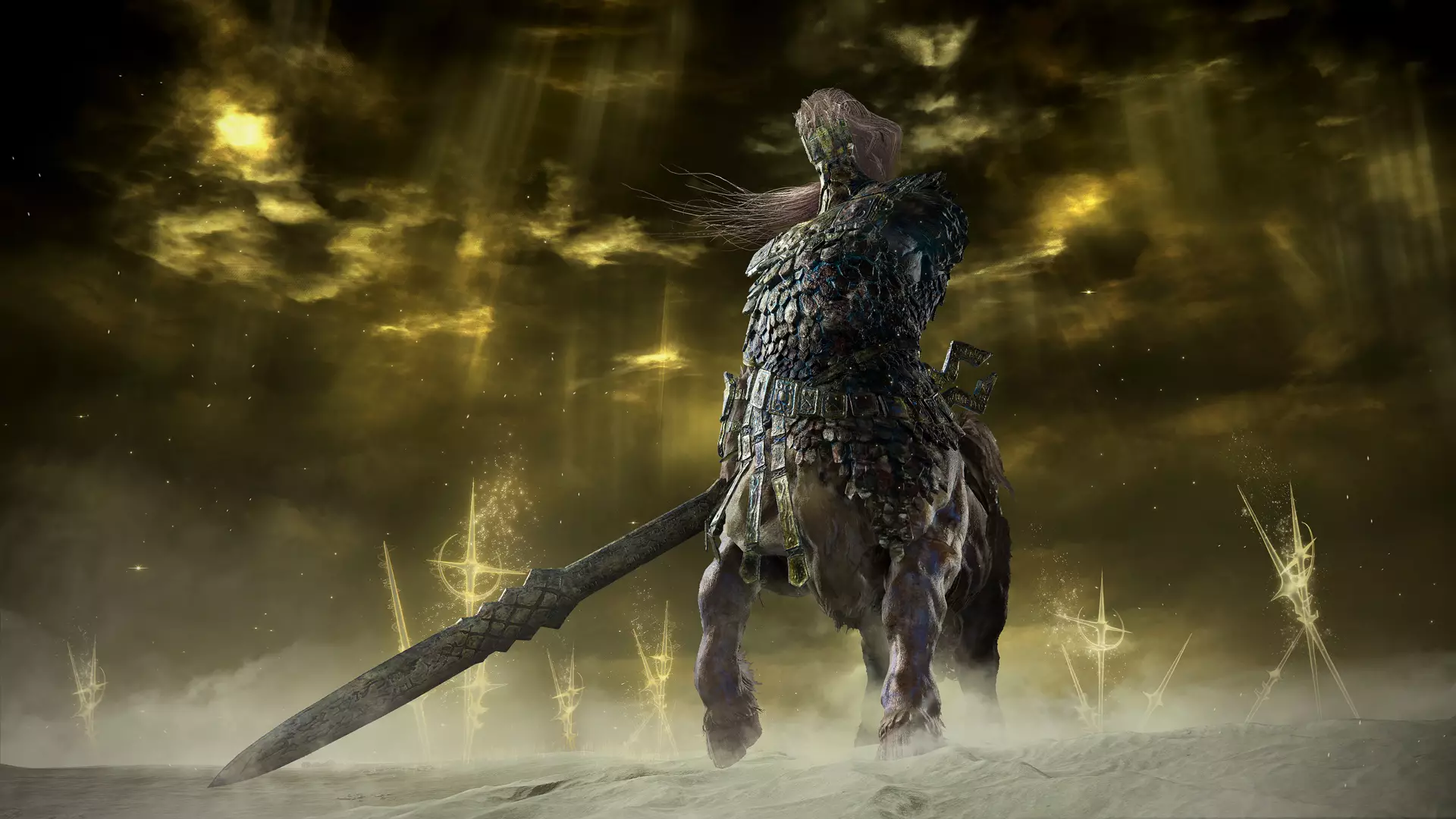FromSoftware has established itself as a pioneering force in the gaming world, with titles like Dark Souls and Bloodborne showcasing intricate narratives and immersive environments. The decision to create a co-op spin-off entitled Elden Ring Nightreign presents an intriguing diversion from their established formula. While players reveled in the slow, methodical pacing of earlier games, the new structure of Elden Ring Nightreign introduces an adrenaline-driven environment that challenges this routine. The design philosophy behind these swift 45-minute matches, confined to a three-day in-game timeline, invites scrutiny. Such a structure raises a fundamental question: does the urgency impair the rich world-building and deep immersion that have defined its predecessors?
The Call for Speed: Will It Alienate Fans?
Director Junya Ishizaki candidly reflects on the internal debates that emerged during the development process. The studio grappled with the possibility that players might miss the contemplative moments inherent in slower-paced gameplay. For many, conquering a formidable boss is not just about victory; it is also about savoring the beauty of the game world. These moments create emotional connections, allowing players to pause, observe, and appreciate their surroundings. The fear here is valid: with the game’s aggressive time constraints, will players miss out on these beautiful facets of exploration?
However, this pivot to a faster pace may also be a stroke of genius. The gaming landscape is ever-evolving, and those who stick too closely to their traditional formula can quickly find themselves overshadowed by innovative competitors. Ishizaki acknowledges this turning point in development, emphasizing a desire to carve out something new, something that serves as a fresh challenge not only for players but also for the developers themselves. Embracing risks can often lead to the birth of groundbreaking experiences, and this commitment to innovation is commendable.
Innovation Beyond Asset Reuse
Furthermore, Ishizaki’s comments on asset reuse offer insight into the studio’s creative mindset. He differentiates their approach from a mere “copy-paste” methodology by describing it as a form of innovation. This distinction is vital. Gamers often resist changes that feel derivative, and FromSoftware’s ability to reimagine previous concepts while introducing novel mechanics signals a maturity in their design philosophy. This nuanced approach can help cultivate a sense of familiarity while simultaneously pushing boundaries, bridging the gap between tradition and innovation.
The crux of this venture into the unknown lies in balancing new gameplay mechanics with the trademark characteristics that have endeared FromSoftware to so many. The transition from leisurely exploration to a race against time may very well serve to attract a fresh audience, all while maintaining the essence that fans cherish. The key will be in execution: if Elden Ring Nightreign can successfully meld thrilling urgency with rich storytelling and environmental depth, it could redefine expectations for the franchise—even create a new genre signature.
As developers embark on this audacious journey, one thing remains certain: whether players embrace this swift approach or long for the slower rhythms of their beloved predecessors, the conversation it generates around innovation and tradition in gaming is invaluable.

